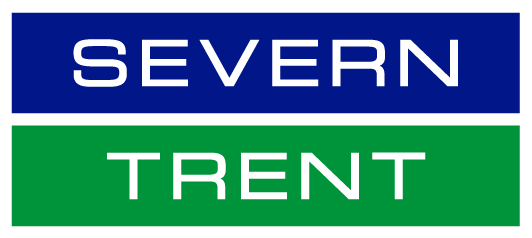We are committed to auditing compliance against waste regulations across our estates and improving our performance and quality of data.
Zero waste to landfill
We are committed to working towards a circular economy model, with zero avoidable waste going to landfill. We are continually reviewing all of our waste streams to understand our most material waste sources to develop plans and targets for waste reduction, reuse, recycling and recovery across all waste streams.
We are working with our supply chain to identify waste reduction and circular economy opportunities for our consumables. Examples include reducing single use plastic for our cleaning and screen wash by using dissolvable tablets.
We have built waste and circular economy considerations into our supplier selection criteria for high impact industries and continue to develop our approach to work towards a circular supply chain.
Biosolids
In 2023/4, we recycled circa 142,000 tonnes of biosolids from water and waste water sludges to agricultural land, with 100% satisfactory sludge use and disposal.
For farmers, these biosolids are a high-quality alternative to manufactured fertilisers – at a competitive price – and play a vital role in enhancing soil quality and fertility.
All our Biosolids are certified under the Biosolids Assurance Scheme. Our certification number is NSF BAS/002/1/15.
We operate under the Sludge (Use in Agriculture) Regulations 1989 and apply The Safe Sludge Matrix 2001 - an agreement between Water UK and the British Retail Consortium, which represents the major supermarkets and other stakeholders.
This deals with potential risks from pathogens when biosolids are spread on land.
Educating for the future
In our new education programme for 2020 to 2025 one of the key messages is about promoting tap water and we have been asking school children to make a plastic reduction commitment such as pledging to carry a reusable water bottle.
We want to continue to work collaboratively with our supply chain to reduce our plastic footprint. We’re continually influencing policy and conducting research into the wider impact of plastics.
